Once you obtain your FFL and have the ability to sell guns, it’s important to know to who you can actually sell guns. The obvious rules are pretty easy to follow. Don’t sell any gun to someone if you know it to be a straw purchase. (For more information on that subject, see our blog on Straw Purchases). Also, don’t sell a long gun to a person under 18 years of age or a handgun to a person under 21 years of age. Some states and localities have slightly different regulations, so be sure you’re abiding by those, too. In this article, you will learn about ffl sales and contiguous states.
Table of Contents
Contiguous States
A law, or rather a portion of a law, that you may not be aware of was the “contiguous state” provision of the Gun Control Act (CGA) of 1968. Within this provision, unlicensed persons (aka regular buyers and not FFL holders) were allowed to purchase a long gun from a FFL dealer located in a state contiguous to the state in which the person resides, as long as (1) the sale would be permitted in the purchaser’s state of residence; and (2) the sale fully complied with all legal conditions of sale in both states. That meant that a resident of Wisconsin could buy a long gun in just four other states: Minnesota, Michigan, Iowa, and Illinois.
Amending the Law
In 1986, this provision of the GCA was amended regarding the ffl sale or disposition of long guns to residents of contiguous states. The provision now allows FFL dealers to sell or dispose of long guns to any resident of any state (not just contiguous) as long as (1) the transferee meets in person with the FFL dealer to actually perform the transfer; and (2) every part of the sale (sale itself, delivery, and receipt) fully comply with the laws surrounding gun sales in both the buyer’s and seller’s states. In other words, if you were a resident of New York and you wanted to buy a rifle in Tennessee that was classified as an “assault rifle” in your home state, then you could not buy it even though those guns are legal in Tennessee.
No Handguns
You’ll notice that we only mentioned long guns when dealing with contiguous states. That’s because this provision only applies to rifles and shotguns. It does not include handguns of any kind. You may purchase a handgun in another state but it must be shipped to an FFL dealer in your home state before you can take possession of the gun.
It’s important to take a look at your state’s laws. Despite this update in the GCA, some states have not changed their laws to reflect the update. The most stringent law must be followed when comparing state and federal laws, therefore; if the wording of your state’s law specifically prohibits FFL dealers from making a sale and transferring a long gun to a resident of a non-contiguous state, that must be followed. However, if your state’s wording allows FFL dealers to make a sale (ffl sales) and transfer of a long gun to residents of a contiguous state (and doesn’t say anything regarding non-contiguous states) then the state law also authorizes FFL dealers to sell and transfer long guns to residents of non-contiguous states.
Despite the fact that this change took place more than 30 years ago, you may still run into a gun shop employee who is unaware of the change. If this is the case, be polite and inform them of the facts of the matter, but don’t be a bully.
Get Your FFL and FFL Sales
Obtaining your FFL opens many doors for opportunity, including the ability to buy handguns in other states. Join FFL123 and become a FFL dealer today! We cover all of these issues in greater detail within the FFL123 content. By using our guides, we offer a 150% money-back guarantee that you’ll get your FFL, so you’ve got nothing to lose!




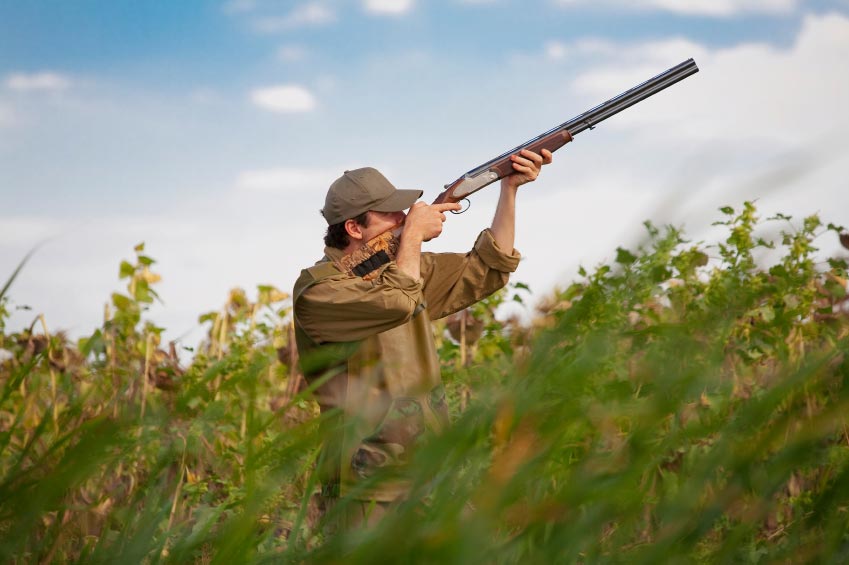
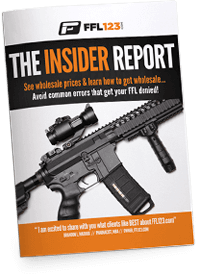
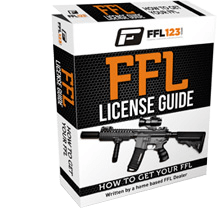
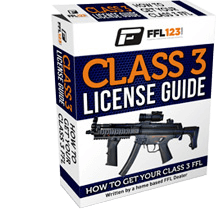
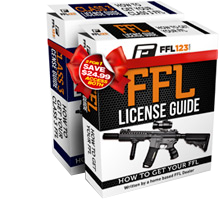



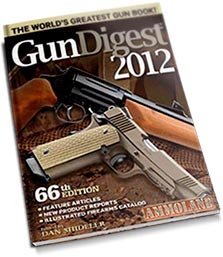












Brandon. I have already owned/operated several businesses before.
I already have a FEIN. I just wanted to ask if this will effect my ability to get an FFL.?
Also,would, i be able to use my existing FEIN to operate my arms dealership?
Thank you.
Galen Neher
303.906.7538
Looking for additional insight on FFL laws and requirements.